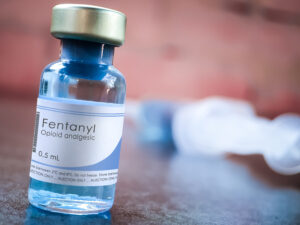
Attitudes and perceptions about mental health have changed significantly. Researchers have found that stigma associated with mental health treatment has decreased over the past two decades, while support for seeking treatment has increased.
However, when it comes to addiction, there’s still a lingering stigma that holds people back from seeking the help they need for recovery.
What Is a Stigma
A stigma is a negative perception or judgment society unfairly attaches to certain characteristics, conditions, or groups.
It involves adding negative labels in accordance with social norms, stereotypes, or prejudices, which leads to discrimination, marginalization, and exclusion.
Addicts who experience the stigma of addiction are less likely to seek help or support, which affects their well-being and quality of life.
Different Types of Addiction Stigma
When we discuss stigma in substance abuse, we are really referring to several types including some major ones like:
Self-stigma
The term self-stigma, sometimes referred to as internalized stigma or self-shame, describes the negative perceptions, attitudes, and beliefs that addicts with a particular identity or condition develop about themselves.
A person’s self-stigma can make it difficult for them to seek help and engage in recovery efforts. This can lead to feelings of hopelessness, isolation, and reluctance to seek help.
Social Stigma
A social stigma is a negative attitude, belief, or stereotype held by society towards addicts or groups who possess certain characteristics, conditions, or identities.
Often, it leads to discrimination and exclusion from social opportunities because of the public’s disapproval or judgment.
Family Stigma
A person with a particular condition, such as drug addiction, may suffer from family stigma when their relatives are subjected to negative attitudes and prejudices.
Those affected may feel shame, guilt, and isolation within their families, which can further hinder their recovery process by preventing them from seeking help and support.
Drug addiction and Stigma
It affects those struggling with drug addiction who face negative attitudes, stereotypes, and discrimination due to drug addiction stigma.
How Does the Stigma of Drug Addiction Affect Recovery?
The damaging stigma surrounding substance abuse takes a heavy toll on those battling addiction.
Discrimination and the reluctance of others can often drive addicts into isolation, preventing them from seeking the help they desperately need.
The fear of the stigma of addiction increases when an addict is part of the workforce. They might feel as if their employers will label them as troublemakers or as someone not fit to work in their organization.
Stigma and society’s judgment can push high-functioning addicts further down the addiction rabbit hole. This often keeps them from reaching out for professional help.
Beating Stigma as an Addict
Getting past the stigma of addiction is crucial for a successful recovery journey, which is already challenging. Let’s explore some proactive steps to combat the stigma of addiction and pave the way toward healing:
Embrace Acceptance
Acknowledging and accepting that one has a drug problem is a vital first step.
By doing so, addicts can mentally prepare themselves for treatment and become open to the support and resources available to them.
Join Support Groups
Forge connections with others facing similar challenges in a support group environment. Experience the power of camaraderie and banish the feelings of isolation.
Engage with addicts in recovery who truly understand your struggles, while being surrounded by supportive families, stable careers, and friends.
Restore confidence, ignite motivation, and persevere through treatment and counseling.
Seek Education
Empower yourself with knowledge about the root causes of substance use and the available treatment options, like counseling and addiction therapies.
Understanding withdrawal symptoms and learning effective coping mechanisms for recovery equips you with the tools to navigate triggers successfully.
Many rehabilitation centers organize drug awareness programs, which can be immensely helpful in preventing relapse.
Raise Your Voice
By sharing personal experiences and challenges related to addiction, you can contribute to creating awareness and breaking down societal stigmas. Sharing stories of struggle and recovery helps to destigmatize addiction and foster understanding among the general public.
By taking these proactive steps, you can combat the stigma surrounding addiction, empowering yourself to overcome obstacles and thrive in your recovery journey. You’ve got this!
Demystifying Addiction Stigma
If you or one of your loved ones is struggling with addiction stigma, then it’s time to get professional help.
Elysium Healthcare is a top-rated luxury provider of drug and alcohol rehab that offers inpatient and outpatient programs. No matter which treatment option is best for you, we can help.
Contact Elysium today and speak to one of our admission professionals to find out if inpatient rehab is right for you.








No comment yet, add your voice below!